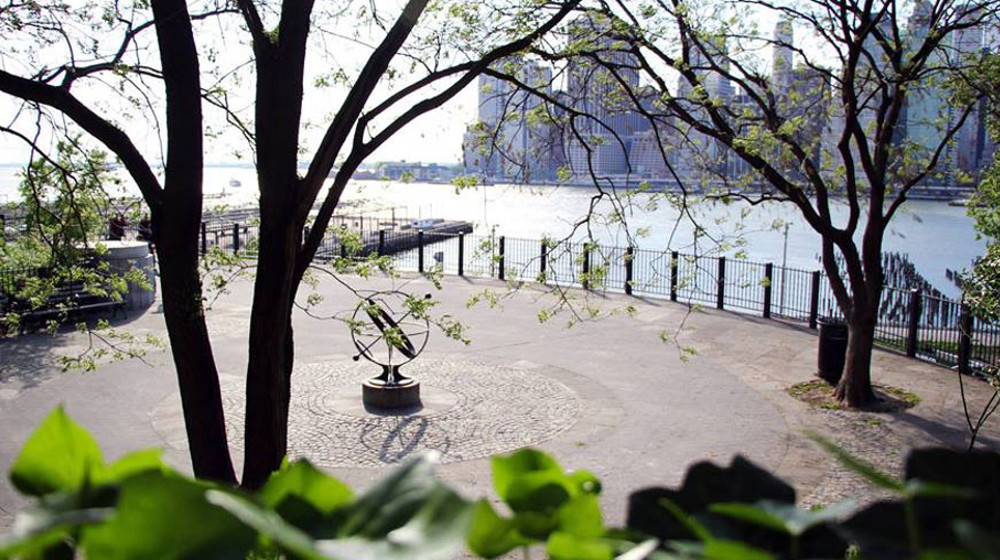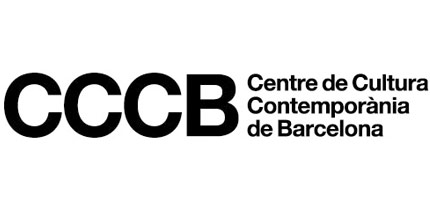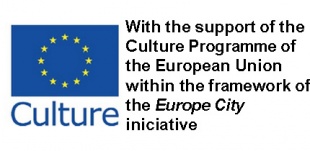Piso Piloto
The Possible City
International Debate in collaboration with the Social Science Research Council
Debate
With these debates, the CCCB and the Social Science Research Council (New York) offer reflection on the challenges facing today’s cities, combining theoretical reflection with suggestions of measures that could bring into being a more humane and democratic city.
How might life in cities be improved? This does not mean thinking about how planners or philosophers might create a perfect city, but it suggests the need to reimagine what kind of city would be possible given the political, economic and social conditions in each specific location. The possible city is somewhere between pragmatism and utopia. It is not a silent, orderly and predictable place because these attributes are foreign to a life that approaches the full potential afforded by urban space. It is a city that will not give up the idea of working to improve the lives of its citizens.
Access to public goods and social networks, housing conditions, quality of public space, the impact of global realities like tourism, migration, economic flows, and limits to indiscriminate growth are all issues for which the contemporary city must find answers, not only theoretical but also in the form of specific policies that can lead to a better city for everyone.
Thursday 2 de July, 19:00h
“What is a Decent City? Polarities of Pragmatism and Utopia”
Richard Sennett, sociologist and Professor Emeritus at the London School of Economics and Director of the New York Institute for the Humanities
Ira Katznelson, Ruggles Professor of Political Science and History at Columbia University and President of the Social Science Research Council
Presented by Judit Carrera, head of the debates and conferences programme at the CCCB
Friday 3 July, 19:00h
“The possible city: from urban planning to democracy”
Diane Davis, Charles Dyer Norton Professor of Regional Planning and Urbanism at Harvard University
Teresa Caldeira, anthropologist and Professor of City and Regional Planning at the University of California, Berkeley
Richard Burdett, Professor of Urban Studies and director of the LSE Cities and the Urban Age Programme at the London School of Economics
Presented by Josep Bohigas, architect and co-curator of the Piso Piloto exhibition
Presenters: Judit Carrera, Josep Bohigas
Participants: Richard Sennett, Ira Katznelson, Teresa Caldeira, Diane Davis, Richard Burdett
This activity is part of Piso Piloto
Related contents
Diane Davis, Teresa Caldeira and Richard Burdett
The possible city. From urban planning to democracy
How might life in cities be improved? A debate between Diane Davis, Charles Dyer Norton Professor of Regional Planning and Urbanism at Harvard University; Teresa Caldeira, anthropologist and Professor of City and Regional Planning at the University of California, Berkeley and Richard Burdett, Professor of Urban Studies and director of the LSE Cities and the Urban Age Programme at the London School of Economics.
The possible city. What is a Decent City?
Lectures by Richard Sennett and Ira Katznelson





